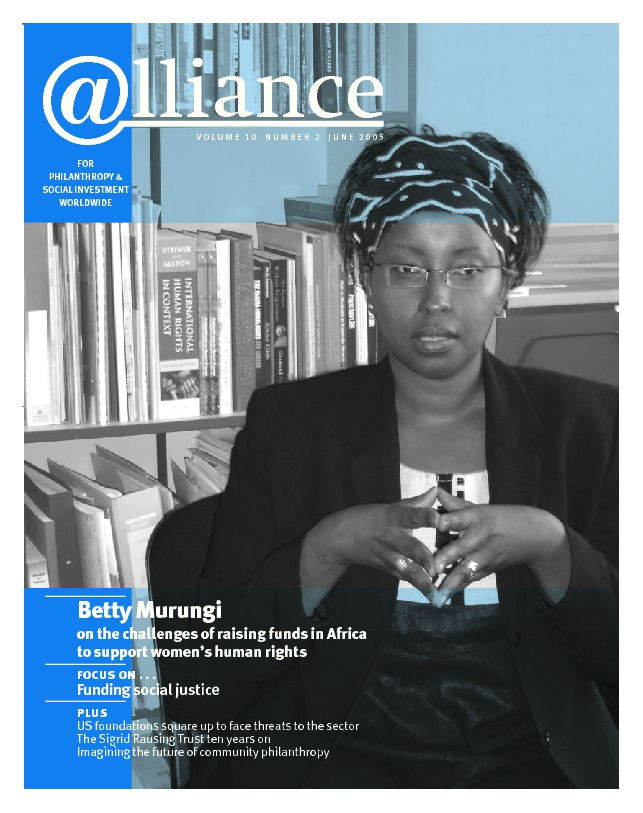This year’s Skoll World Forum managed to sustain last year’s remarkable degree of excitement and optimism. Once again the meeting involved a rich diversity of people and organizations exhibiting a hunger for new ways of achieving social change. Optimism is infectious, and the forum was certainly a nice place to be for those three days, to re-equip oneself on both the moral and the practical levels. However, I find it is always useful to look critically at an event, away from the collective enthusiasm.
The definition of social enterprise seems to have mutated. Judging by the participants and the case studies, nearly all supported by grant funding, it has evolved to mean ‘organizations with interesting ideas involving social benefit’. Even talk of entrepreneurial style and business management techniques was muted.
Though there was much discussion about how people in NGOs might become more entrepreneurial, there was little debate about how people in corporations might become more social. I believe that ultimately there will be more lasting social change if the spotlight is on business to become more socially and environmentally engaged. At some point we need a meeting for corporations on social entrepreneurship that goes beyond the narrower confines of the corporate social responsibility debates.
There was more emphasis this year on the individual, with accolades for ‘outstanding leaders’ and ‘visionaries’. The awards reinforced this. While individual initiative is an important component of change, networks and movements, the focus of the conference, depend very much on collective action, and team work. There was little mention of the hard work done by many within organizations, or the fact that great ideas are often built by the many who add complementary talents to the mix. While there are many leaders who deserve praise, we all know the organizational hazard of ‘founder’s syndrome’ where individual, often charismatic leaders begin to believe their own publicity.
During some of the more zealous talk about social entrepreneurship becoming an unstoppable worldwide movement for change, I had to steady myself by recalling the broader context of other events that have taken place between the first and second Skoll World Forums. These include the continuing hurt and divisions caused by the Iraq war and the re-election of a US President who has pointedly chosen not to participate in international initiatives on climate change and human rights. If social entrepreneurs are to succeed, they need to keep a sense of perspective about the forces at work in the world in which they operate, including the forces that seek to preserve unfair distribution of opportunity, resources and power.
That said, whether the phenomena is called social entrepreneurship, new NGO thinking or socially responsible business, it was heartening to be among people from diverse backgrounds bubbling over with ideas of how we might do more to improve the environment, end poverty and confront injustice. The challenge for us now is to find ways to radiate this positivity, and prevent its evaporation.
John Sayer
Director, Africa Now






Comments (0)